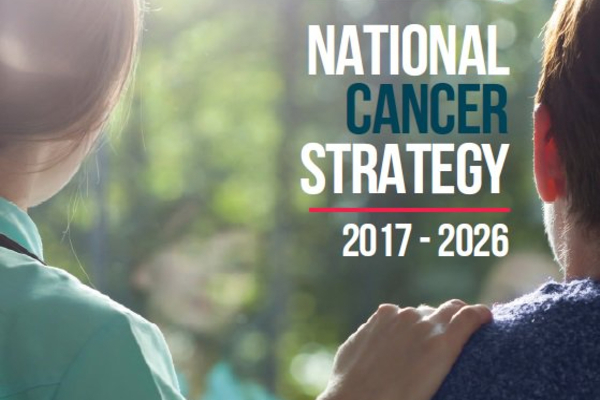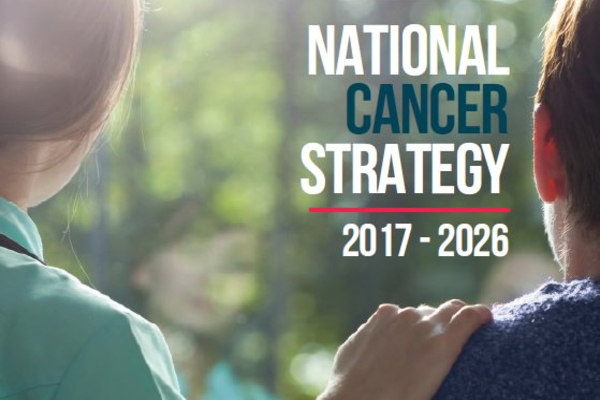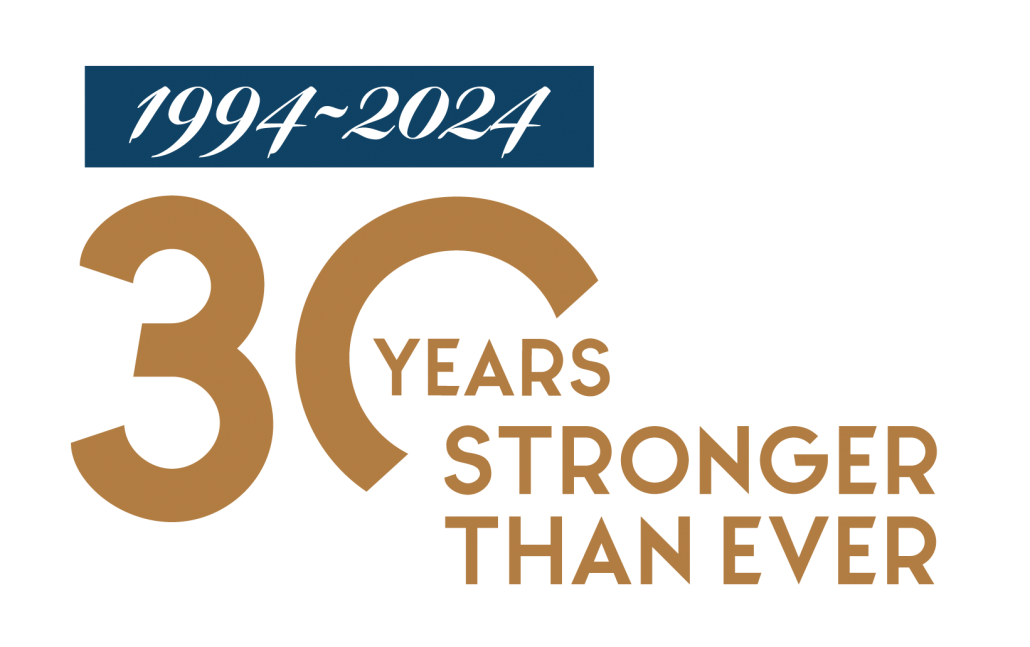
Minister for Health Stephen Donnelly has published the National Cancer Strategy 2017-2026 Implementation Report 2022. The Report sets out the progress achieved on the improvement of cancer services and the delivery of better outcomes for patients, as set out in the 52 recommendations of the Strategy.
The Report measures the achievement of these recommendations against the key performance indicators, which focus on reducing preventable cancer, promoting early detection, and driving improvements in treatment and after-care for cancer patients.
Welcoming the publication of the Report, Minister Donnelly said, “in 2022 we have recruited 172 additional staff to our cancer services, which represents a 20% increase in staffing for cancer services in Ireland. It is projected that our national incidence of cancer will continue to increase, and that it could double by 2045, and it is important that we continue to grow our cancer services to meet demand. We also now have over 200,000 people living after receiving a cancer diagnosis. This is a 50% increase over a decade, illustrating success of our National Cancer Strategies.”
“The increased investment in 2021 and 2022 is benefitting patients, who are experiencing reduced waiting times and getting better care in our cancer centres. We must continue to invest in our cancer services, to deliver year-on-year improvements and build on the progress made in 2022.”
Using new development funding in 2022, an additional €3 million was allocated to support cancer surgeries, ensuring a return to 2019 levels following disruption to these services in 2020 and 2021. Almost €3.5 million was provided to support early diagnosis and access to Rapid Access Clinics. This funding reduced waiting times for patients referred to Rapid Access Clinics and enabled hospitals to source additional access to diagnostics to address the shortfall of access experienced during the pandemic. It also allowed for the creation of additional posts in diagnostic and rapid access clinic services.
Further capital projects for cancer services were continued under the Capital Plan for 2022. This included the equipment (linear accelerators) replacement programme for St Luke’s Radiation Oncology Network, expansion of the oncology day unit at Cork University Hospital, and progression of the replacement of Aseptic Compounding Units (ACUs) at Cork University Hospital and Tallaght University Hospital.
Just over €2 million was provided for enhancing radiotherapy services, supporting the recruitment of 25 additional staff across radiotherapy centres. This included the continued rollout of new and innovative forms of radiotherapy, facilitated by new development funding in 2022. Stereotactic Ablative Radiotherapy (SABR), a form of highly targeted radiotherapy has been expanded since its introduction and has been delivered for more than 1,200 patients over the years 2018 to 2022. Recruitment and resource planning for the new radiation oncology centre was also supported through this funding.
In 2022, an additional 172 posts were created in cancer services and 2022, with recruitment ongoing for a further 198 posts.
Bernard Gloster, CEO, Health Service Executive (HSE) said, “implementation remains a challenge for many parts of the Health Service, and we can learn much from the approaches to cancer over many years. In the case of cancer services successive strategies have stood out in terms of effectiveness. This report on implementation is important in showing what has been achieved and the tasks that remain. In a post pandemic context, we need to build on the past achievements.”
Prof. Risteárd Ó Laoide, Director of the HSE’s National Cancer Control Programme, said, “in 2022, more ground-breaking treatments were made available to cancer patients in Ireland. This includes CAR T-cell therapy provided in CHI Crumlin, which means certain patients will no longer have to travel abroad for these treatments. The continued implementation of the Strategy remains crucial to addressing the current and future needs of cancer patients. Recent investments in cancer services will deliver improved access and services to cancer patients, ensuring that patients receive the right care, in the right place, at the right time.”


